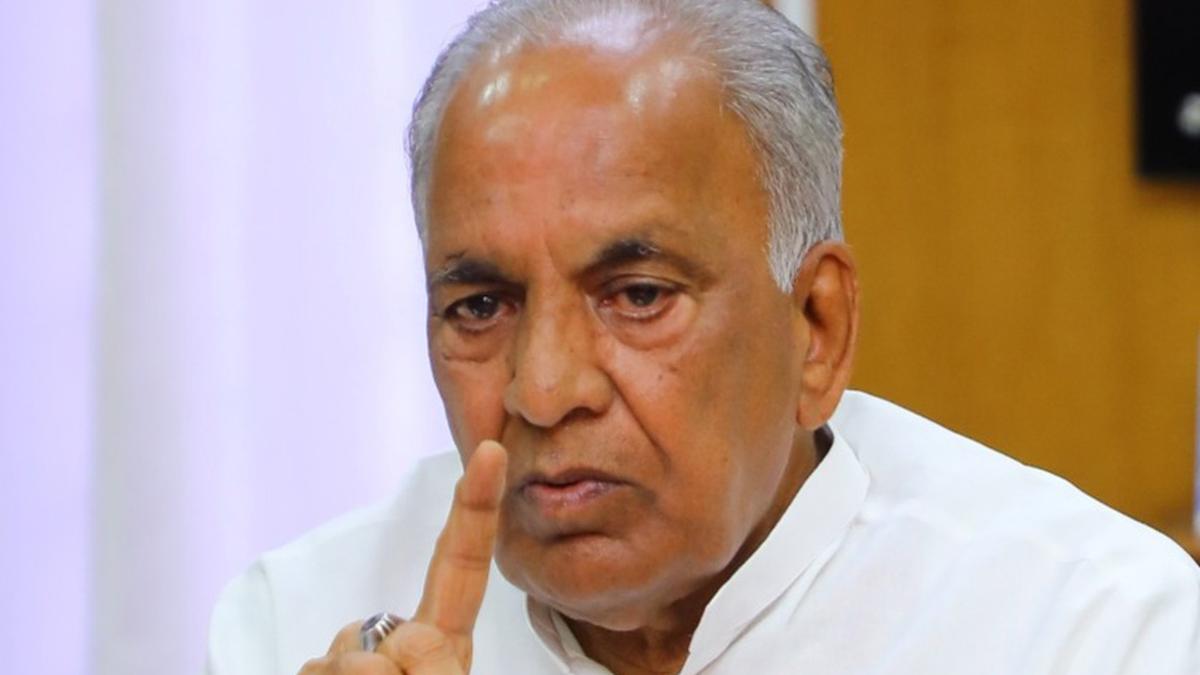
N.S. Boseraju
| Photo Credit:
Karnataka is set to unveil Quantum Action Plan, a comprehensive strategy focused on research, skilling, innovation, infrastructure, and international collaboration, N.S. Boseraju, Minister for Science and Technology, has announced.
Speaking at an event held to announce the two-day Quantum India Bengaluru Summit (QIB 2025) from July 31 in the city, he said the event would mark the beginning of a “bold and strategic journey for Karnataka as the State positioned itself at the forefront of quantum science and technology”.
According to Mr. Boseraju, Karnataka, in partnership with the Indian Institute of Science and the Department of Science and Technology, was currently in the process of laying the foundation for a robust quantum ecosystem.
Quantum computing is a rapidly developing field of computer science that utilises the principles of quantum mechanics to solve complex problems that are beyond the reach of classical computers. It offers the capability to tackle complex problems that are tough for classical computers, especially in areas such as drug discovery, materials science, and financial modelling.
Arindam Ghosh of IISc, an expert in quantum computing and QIB 2025 conference chair, told The Hindu on the sidelines of the event, “Quantum computing may be in the initial stages in India, although the U.S and China have already made significant progress. However, India, and especially Karnataka, has a ready and growing ecosystem to root the growth and development of QC. It is also important that India has its own processor to ensure safety and security and not depend on processors and supercomputers built by other countries or foreign companies.”
Security concerns
Unlike in other computing technologies, QC technologies developed by other countries cannot be adopted in India due to security and reliability reasons, he said. “What we require is safe, self-reliant and locally built processors to run quantum computing supported by a healthy ecosystem developed within the country.”
Karnataka Science and Technology Promotion Society, Department of Science and Technology, in association with the IISc Quantum Technology Initiative would be organing the summit in Bengaluru.
Prof. Ghosh said, moving beyond conventional academic silos, the organisers have identified five priority sectors of healthcare, strategic security, computing and AI, quantum hardware, and societal engagement, where quantum technologies could create both immediate and long-term value.
The summit, the first such collective initiative around QC in the country, was expected to lead to the creation of an ecosystem where academia, start-ups, industry, strategic sectors, research outfits, and the government would be actively participating, he said.
Published – July 09, 2025 06:57 am IST



